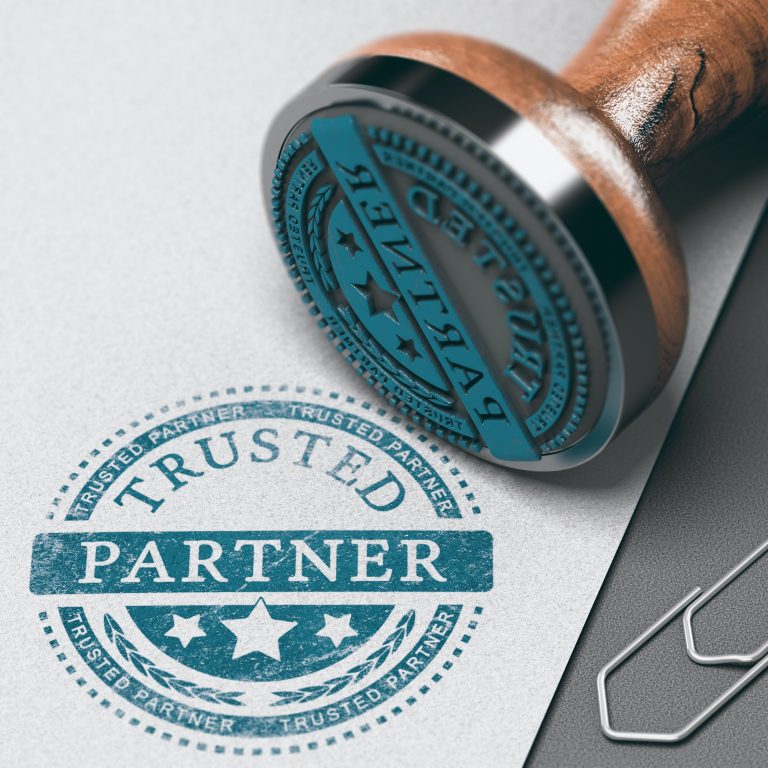Starting your own business
Persistence is how you prove to yourself that there is a sincere purpose in what you seek. Persist, and you do indeed make it real.
Ralph Marston
The road to opening a business is filled with potential pitfalls and many a good idea has failed due to poor planning. Here are some steps to help you avoid common mistakes and become the proud owner of your own business.
Start with an idea
Think about what kind of goods you want to sell or what services you want to provide. It is always best to develop your business based on something you are good at, know a lot about and enjoy doing. Whatever product you offer should also be distinctive and in demand.
Decide, also, whether you want to start your business from scratch, buy an existing business or buy a franchise. Run your idea by friends, family or a business advisor so that they can provide important feedback.
Educate yourself
Running a business is a multi-disciplinary effort. In addition to preparing the product or service that is to be sold, vital operations in any business include:
- Financial management requires knowledge of accounting, taxation, investment, insurance, etc. You can hire persons trained in these areas, buy do-it-yourself software or books or take classes.
- Human Resource management involves meeting your obligations to your employees in a way that provides mutual satisfaction. This will include ensuring on-the-job safety and comfort, providing benefits, training, facilitating open communication and interaction and much more. You can get information on this topic from the Internet, in books, magazines, seminars, etc.
- Marketing may be defined as anything you, as a businessperson, do to bring your business and your customer together such that you both benefit from the interaction. Marketing involves advertising, public relations, market research, store layout, customer support and more. Many small businesses run into difficulty because of ineffective marketing, so learn as much as you can about this topic.
Decide on Business Structure
Business structure refers to the legal pattern of ownership and liability of your business. The three main types of business structure are:
- Sole trader – You alone own your company and, therefore, are personally responsible for taxes and any debts. This is the simplest and least expensive structure to set up.
- Partnership – You and one or more other persons put capital into the business and share ownership, returns and debts according to the amount of capital contributed. – Limited (liability) Company
- A limited company may be public or private. A public limited company (denoted by Ltd or Inc after its name) is owned by shareholders. The company itself – not the owners (shareholders) – is responsible for debts.
The structure you choose will depend on your preference, attitude to risk and the source of your funding. Business structure is very important so seek advice from your lawyer, business advisor or talk to us at Lashley Financial.
Develop a Business Plan
Your business plan is a written statement of your goals for your business and how you plan to achieve these goals. In your plan you set down and analyse different aspects of your business such as:
- Business structure
- Product or service
- Intended customers or market
- Management strategy and personnel
- Financial statement or plan.
Your plan helps you to get organised and potential investors will also want to see your plan before they decide to supply any capital. In addition to grammar, spelling, appearance, etc. they will be looking at the viability of your idea and its potential for growth. A qualified business advisor can help you develop your business plan.
Financing
Opening a business can require a considerable amount of funds. You will need money for:
- Property
- Equipment and supplies
- Licenses and fees
- Insurance to cover property; public, employer and product liability; employee health and pension benefits
- Taxes which will vary according to the business structure
- Employees’ wages
- Marketing
Sources of funding include:
- Your savings
- Family and friends
- Banks or other lending agencies
- Government grants
- Private equity funding
Lashley Financial can help you decide which of these options is right for you and make sure that you stick to the budget outlined in your business plan.
Minding Your Business
Even after your business is up and running there is still plenty of work to be done.
- Begin to pay back any loans. The longer you wait the more interest you will have to pay and defaulting on payment can mar your credit rating. Together with us at Lashley Financial, you can develop a comprehensive strategy for eliminating this debt.
- Be innovative and keep looking for ways to improve your product and meet your customers’ needs.
- Don’t spread yourself too thin. Identify your strengths and stick to them. Try to be the best supplier of your particular product or service.
- Keep learning and be flexible. When you stay abreast of happenings in your field or market you can adapt quickly and take advantage of change.
- Build up a network with other business owners in your field as well as related fields like the media etc.
A note on Intellectual Property
Intellectual property refers to the intangible products of a person’s creative thinking. There are rights to protect such property, allowing the creator to receive the full merit and monetary rewards.
Intellectual property rights may be of two forms:
- Copyrights ‘?’cover literary and artistic works such as drawings, paintings, lyrics, music, poems, magazine articles, drama, film, dance, etc.
- Industrial Property rights relate to:
- Business and product logos, names and designs (covered by trademarks ‘?’)
- Inventions (covered by patents)
- Characteristics of a product attributable directly to the geographical origin of that product (covered by geographical indications)
In the course of opening and running your business you should be mindful of protecting your own intellectual property and respecting that of others. For further details, you can contact your lawyer or the relevant government agency.




